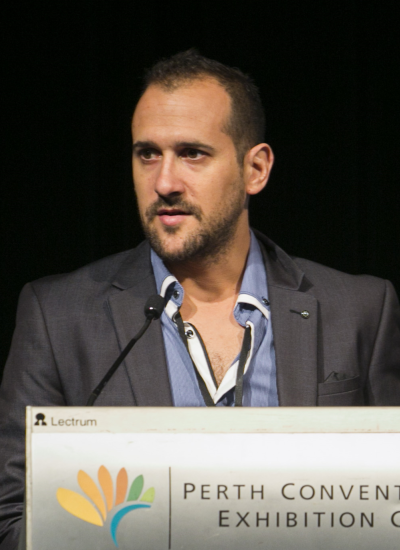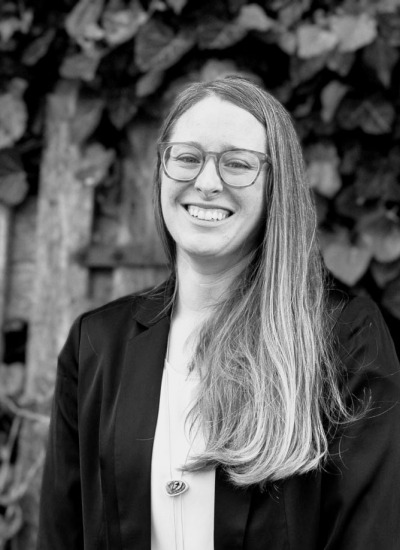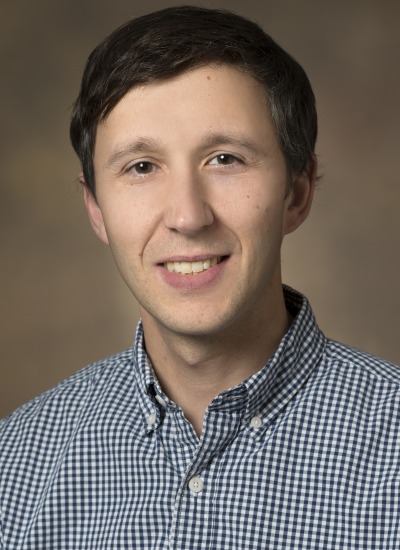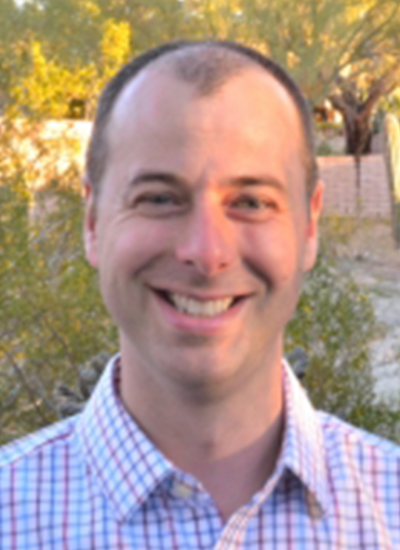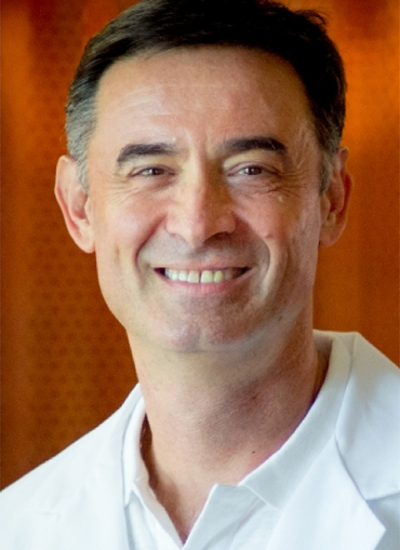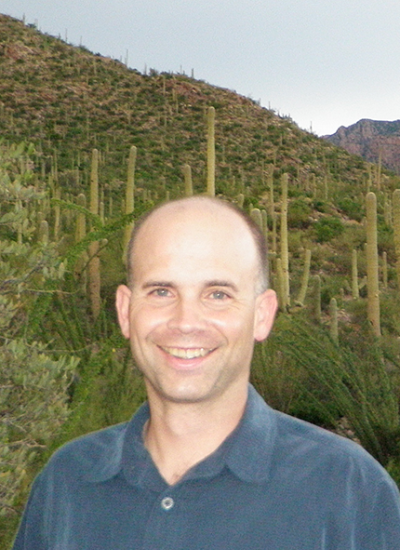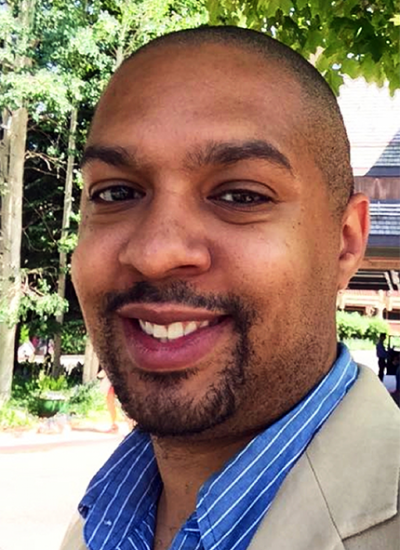Anthony Bosco
Work Summary
I am currently appointed as Associate Professor of Immunobiology, and Associate Research Scientist, Asthma and Airway Disease Research Center (A2DRC), College of Medicine, The University of Arizona. My main areas of expertise include immunology and systems biology/genomic data analysis in the context of respiratory disease, allergy, and various modalities of immunotherapy. My research program is underpinned by the concept that genes do not exist nor function in isolation, they function as components of an interconnected system. My lab has performed the first studies to identify allergen-induced and rhinovirus-induced gene network patterns that underpin the pathogenesis of asthma and related traits. The long-term goal of this work is to unlock the basic immune mechanisms and principles that govern the early origins of asthma and identify novel pathways for therapeutic intervention.


